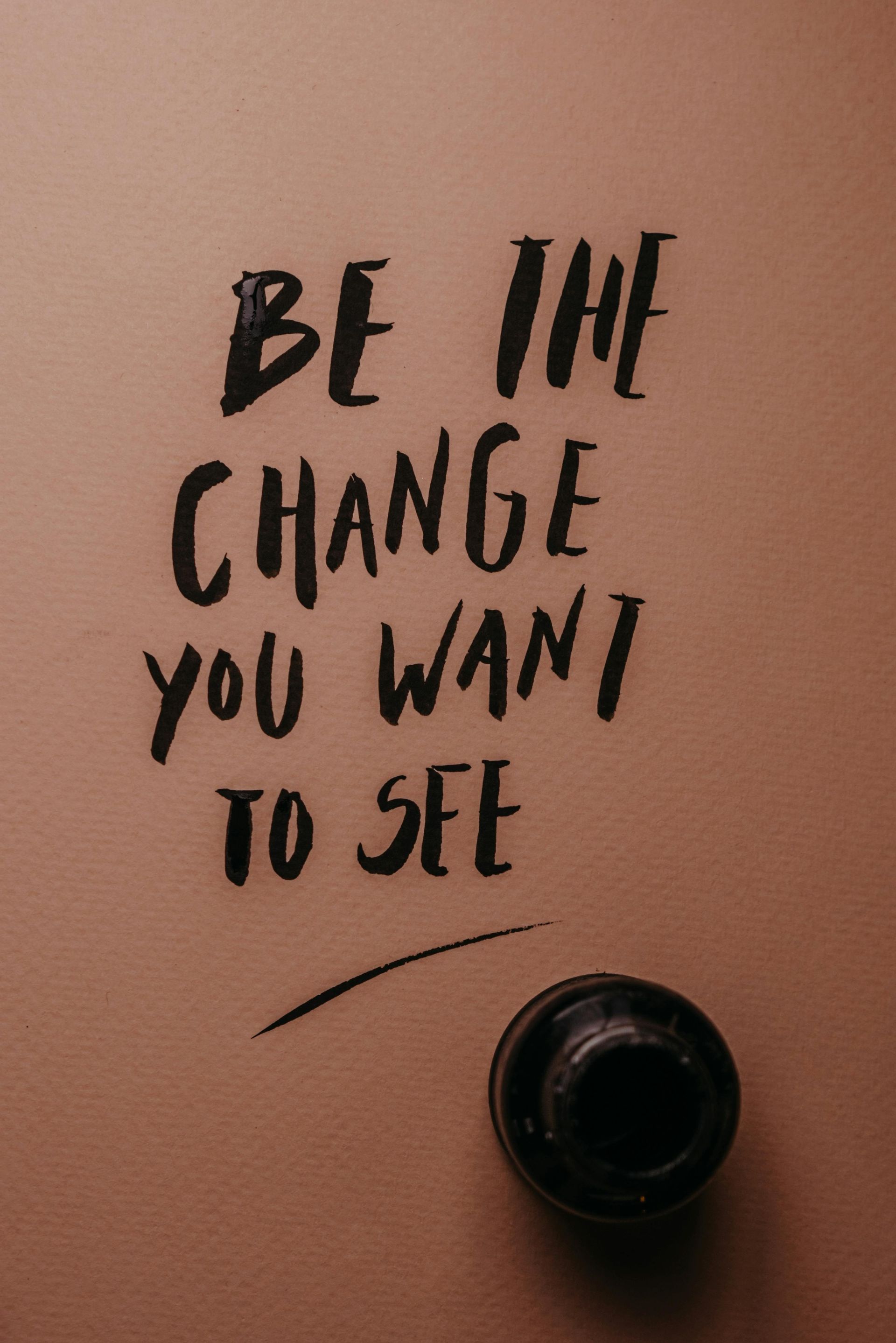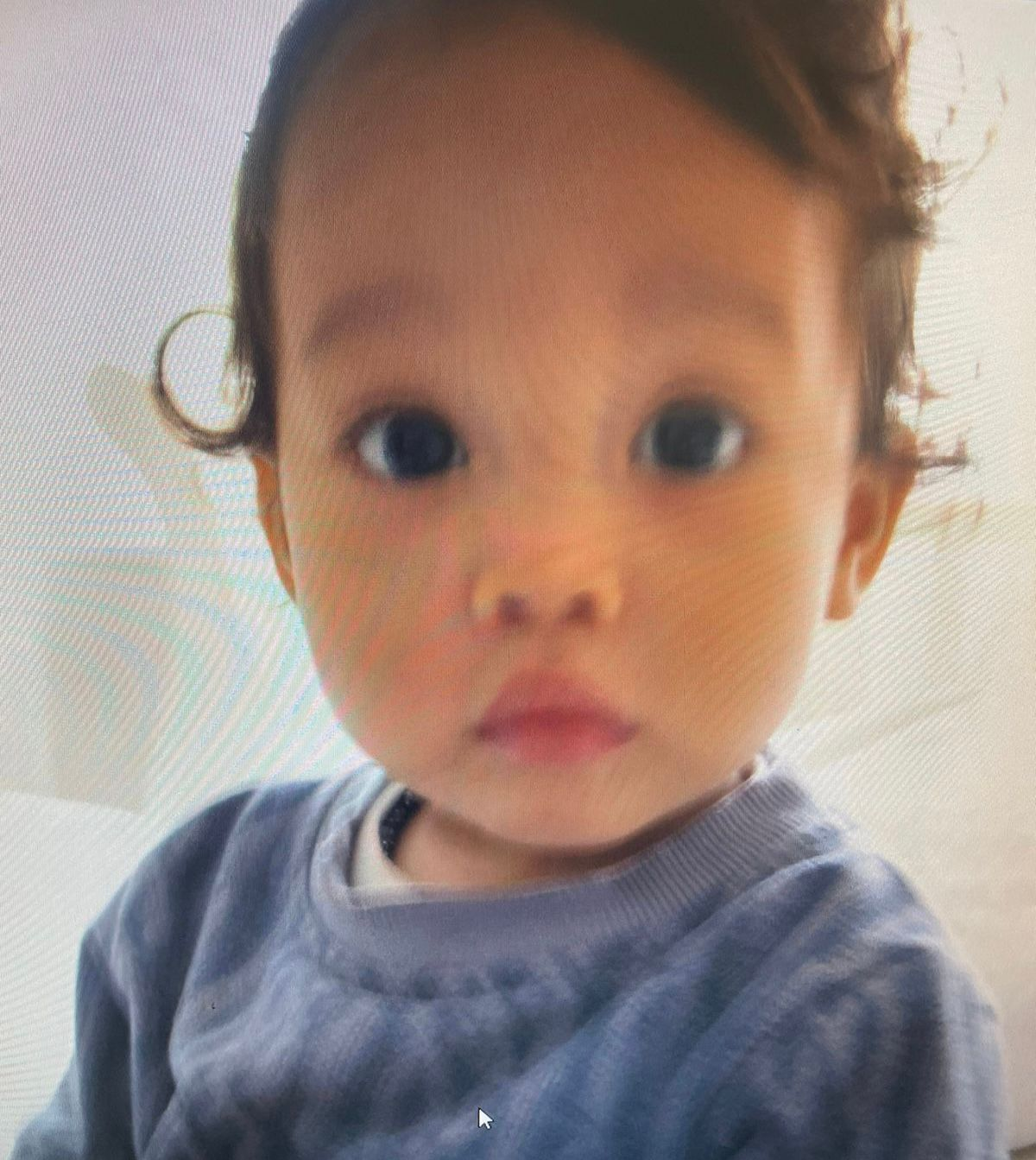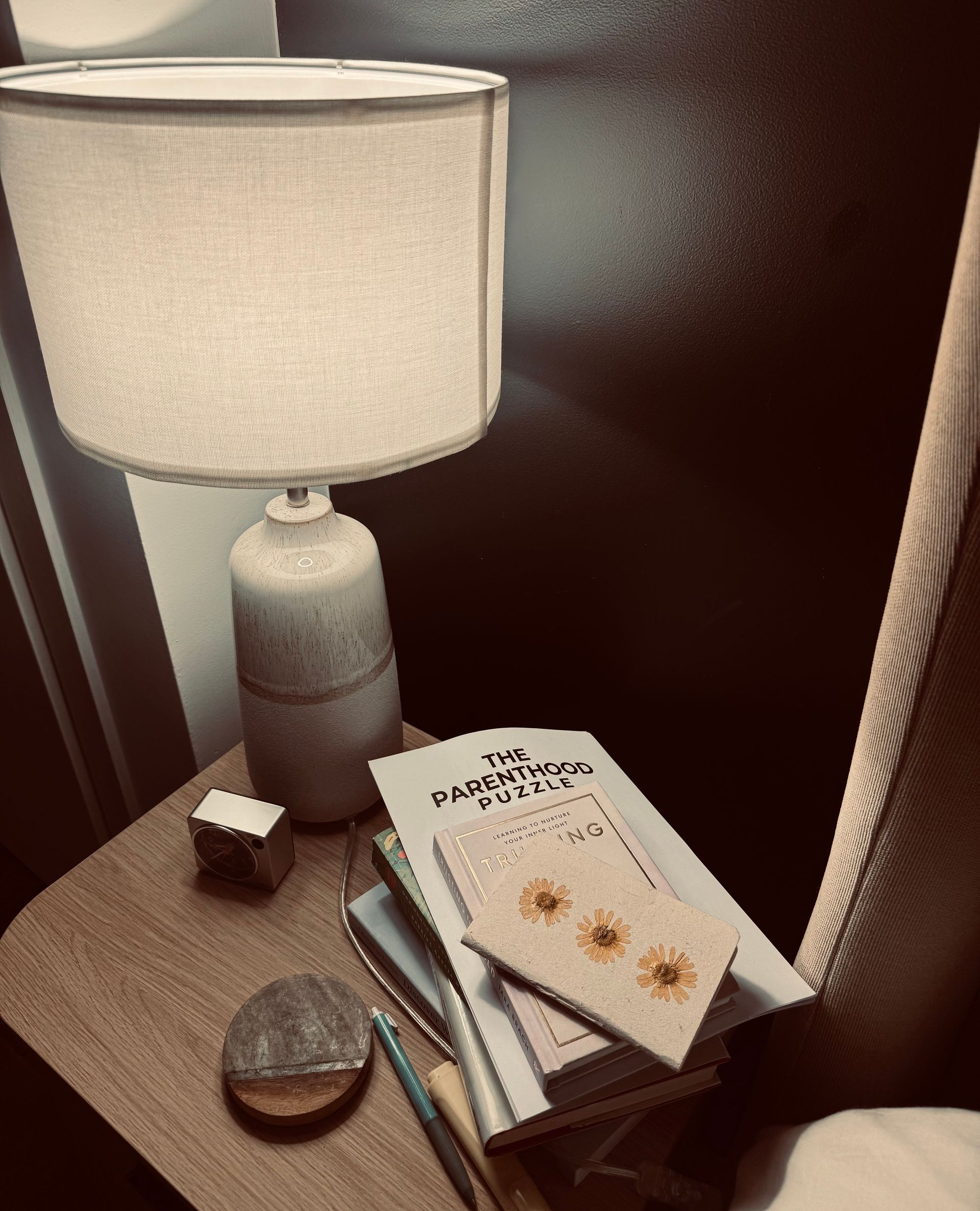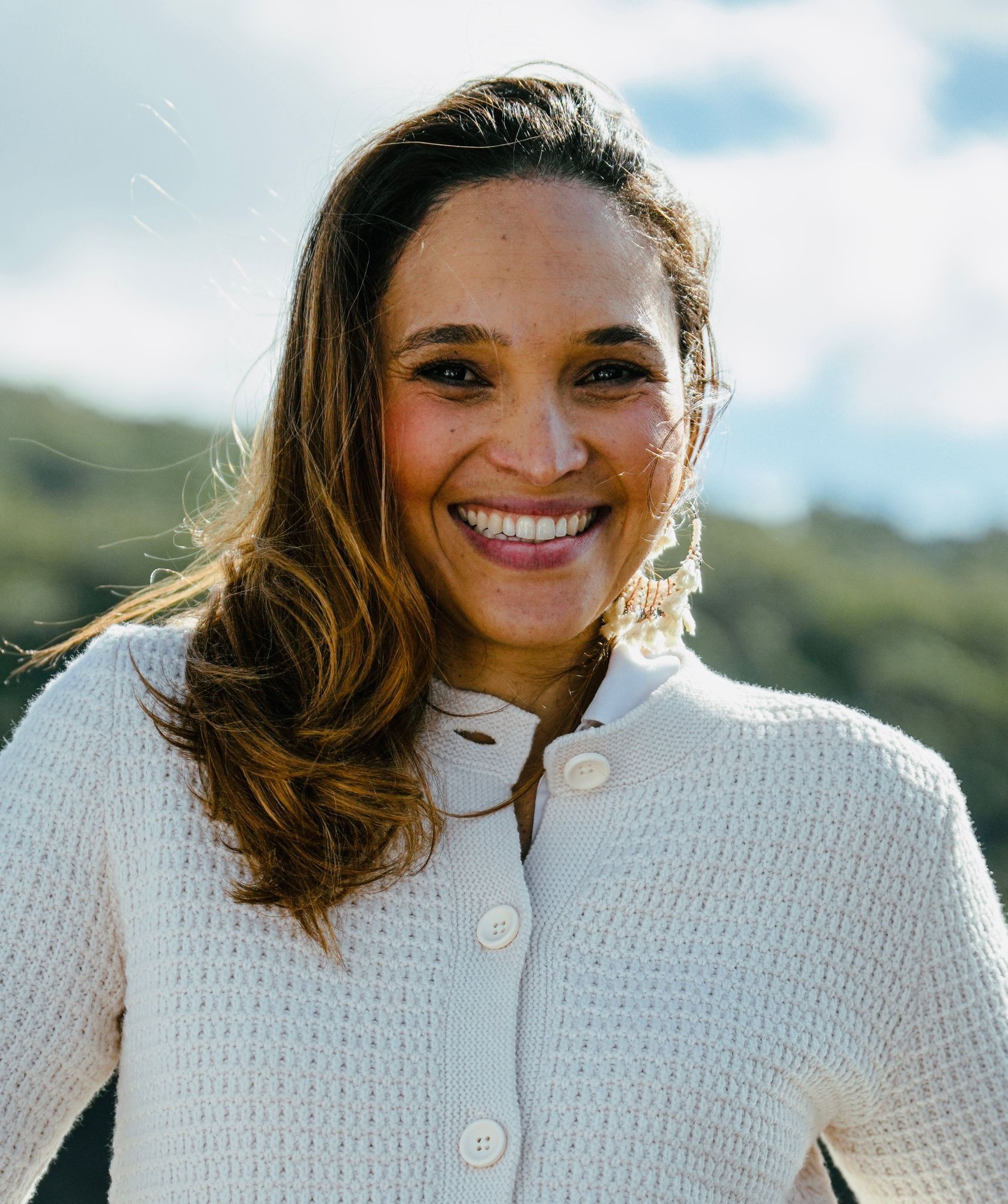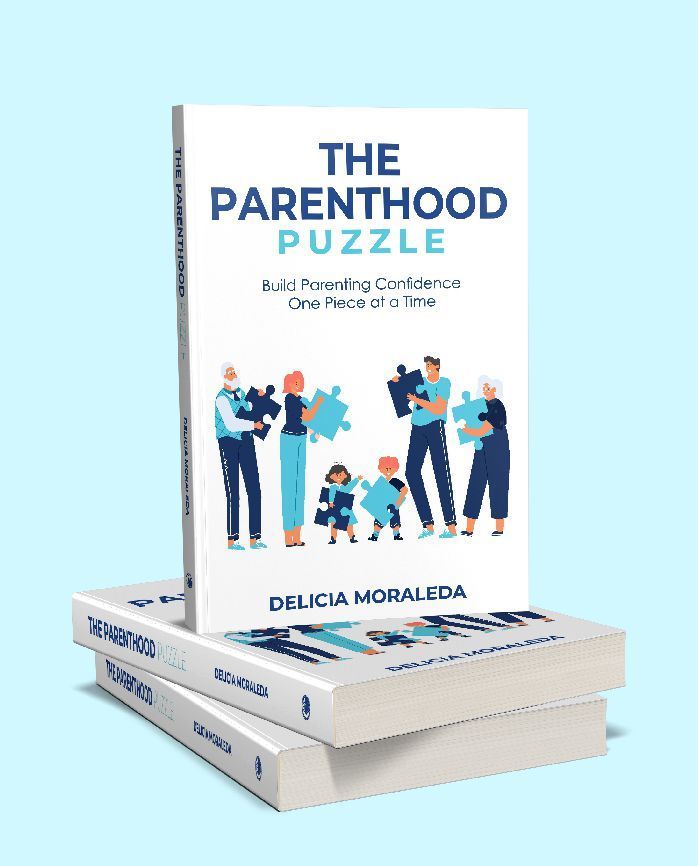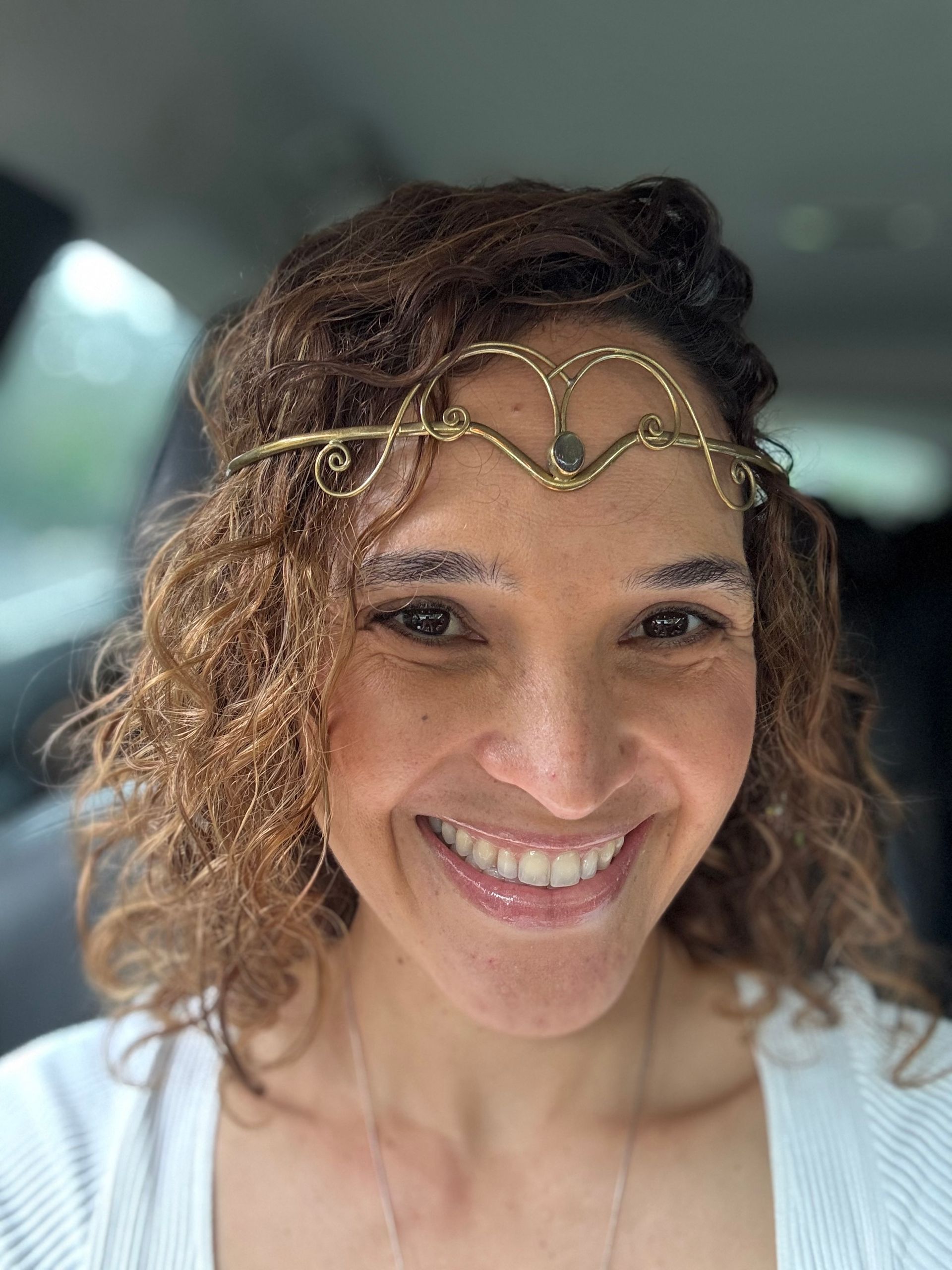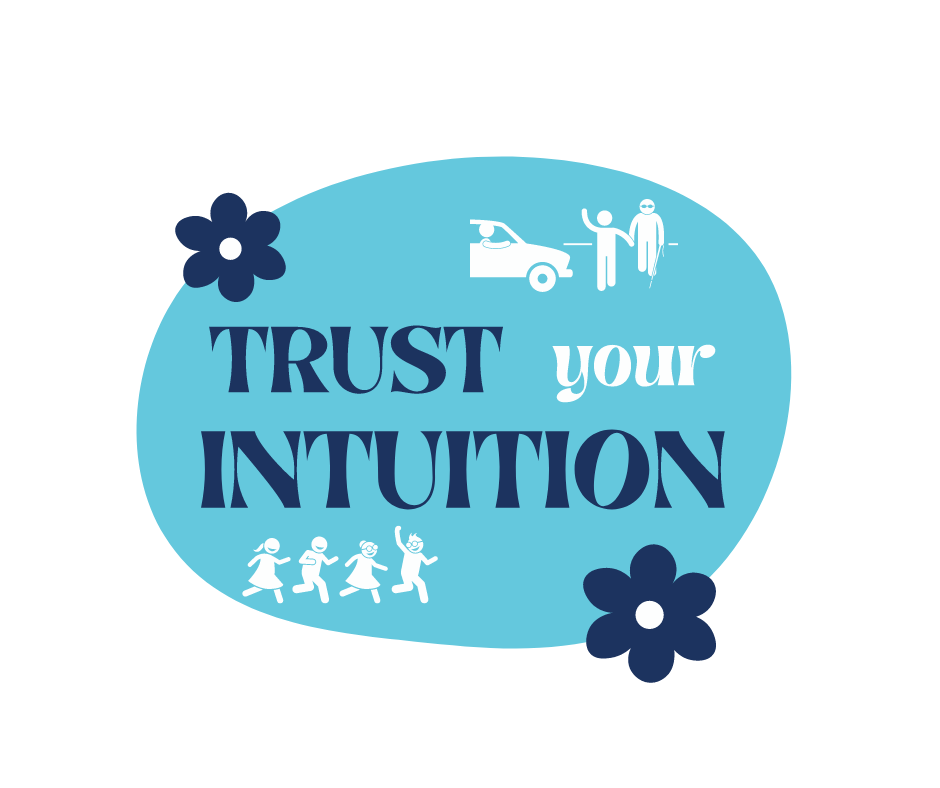Behave or Be Brave?
"There is nothing wrong with my daughter. She doesn't need to be fixed. She needs to be supported."
At the end of a session, I asked a parent what she will be taking with her from the session, and that was her response. She said it with a smile on her face, relief in her body and gratitude for being able to see her daughter beyond her own fears.
Our brains and bodies are designed for survival, they're built to detect threat and keep us safe from harm. Our brain instinctively knows how to behave in the presence of danger, and it communicates that to our bodies, calling for us to be brave if necessary.
Sometimes though, the danger is not real.
Parents have a very special danger detector when it comes to their children. This danger detector senses when our child needs us and calls us to show up for our child. Mama Bear and Papa Penguin emerge in the face of any threat to their child, and a parent can be brave despite the threat.
Sometimes though, the threat is not real.
Don't get me wrong, the danger or threat can feel very real. Our brain and body have been trained from our formation to survive. We fall into patterns of behaving or being brave to manage these situations.
What happens when we live in a community, culture, country, or world that is confused and conflicted about what is real danger and threat to our survival?
1. When you get a phone call from school requesting a meeting to put a behavioral plan in place for your 4-year-old.
2. When the teacher calls to express concern about your 2-year-old who is 'antisocial.'
3. When your tween messes up, makes a bad choice, tells a lie or yells at you.
Parents worry. They're afraid. They sense danger. The concern, fear and threat are not only for their children, but for themselves too.
It's easy to fall into the trap of behaving - which as parents could look like reactive measures to deal with the signal of threat. When we are focused on behavior, we react.
1. Meet with the school and put a behavioral plan in place, punish the child for their behavior by taking away their devices or lecturing the child on what bad/disruptive behavior is and why they shouldn't be doing it.
2. Book your child in for play therapy, occupational therapy or arrange more playdates.
3. Yell, punish or lecture your child on their attitude.
Many of us have been conditioned to behave, fit into societies boxes, and comply with the standard expectations of behavior in a community, cultural or countries systems.
There are, whether we want to admit it or not, systems that enslave us when they try to control how we behave. The definition of enslave according to Oxford Languages is to cause someone to lose their freedom of choice or action.
According to the Cambridge Dictionary, enslave is to control someone's actions, thoughts, emotions, or life completely.
School systems.
Religious systems.
Family systems.
Cultural systems.
Legal Systems.
We live in and under these systems. We are guided and to a certain extent controlled by these systems. These systems have their purpose and place in our lives and development, however, there are 3 core mistakes we tend to make when looking only at the behavior:
The first is that we see the behavior as being intentional, as in 'My child is choosing to be naughty/disruptive/loud.'
The second is that we take a 'one-size-fits-all' approach to dealing with the behavior, as in 'My child needs to be punished/needs to be diagnosed/ needs to learn a lesson.'
Finally, and this is where education is super important, we lack the fundamental knowledge and understanding of human development.
We are taught from a very young age, through different messages, lessons, and modelling, how we are supposed to behave. What good behavior looks and sounds like. We are acknowledged, praised, and rewarded for good behavior.
Parents who raised well behaved children are complimented, admired, respected by other parents, grandparents, friends, schoolteachers, community leaders, sports coaches etc.
So, what about bravery? Who needs to be brave when they know how to behave?
We all do!
Bravery allows us to discern between real and perceived danger. The dictionary definition of bravery is having or showing mental or moral strength to face danger, fear, or difficulty.
Inviting parents and children to be brave isn't easy, especially in the times we're living in. When the systems that are supposed to be leading, guiding, educating, and liberating us are in fact enslaving us.
Cultivating awareness of what's truly happening inside of you - inside your brain, your heart, and your body is an act of bravery. Getting curious, gaining understanding of and compassion for your fears is an act of bravery. When we can be brave, we respond instead of reacting.
1. Meet with the school and try to understand why our child is struggling to concentrate, participate or listen in class. We ask questions, we share observations and look at the environment.
2. We schedule more 1:1 time with our children. We work on creating a safe and secure relationship within the family that will be the foundation for their relationships outside.
3. We slow down, get curious and listen. We connect with our child and let them know that we care, we're there for them and want to help.
So back to the question of whether to Behave or Be Brave?
Both are important and have their value. As a parent, I aim to nurture and encourage bravery as the foundation of my children's behavior.
As a parent coach, my goal is to educate and illuminate bravery as the platform from which parents choose to parent their children.
Bravery is being able to say and believe that; "There is nothing wrong with my child."
As my client said a few days after our session, "It's reassuring to know that my child's behaviour makes sense in the grand scheme of things."
"Courage is the first of human qualities because it is the quality which guarantees the others." - Aristotle
Do you need a bravery boost? Are you ready to be the brave parent your child needs?
Book your free discovery call with me today! Let your Mama Bear or Papa Penguin step up.

